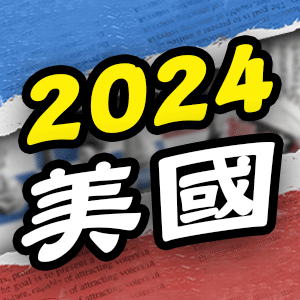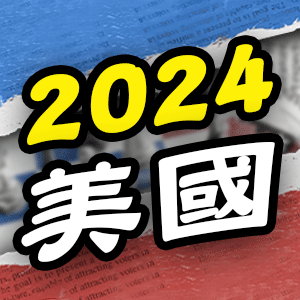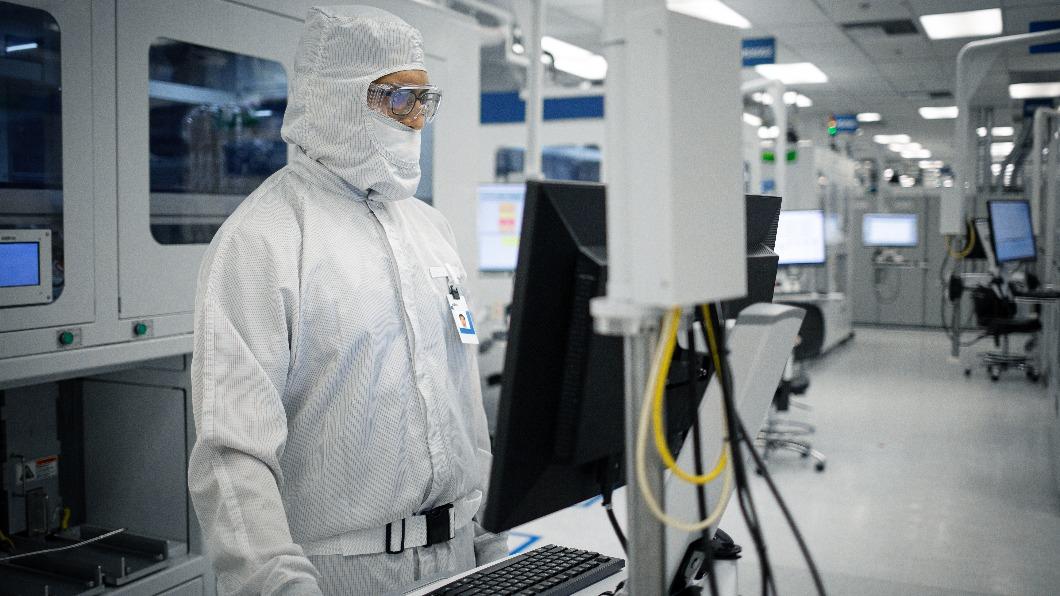TAIPEI (TVBS News) — Intel has thrown down the gauntlet to TSMC with the launch of Intel Foundry, positioning the new business as the world's first systems foundry and claiming that the company will reclaim the global semiconductor manufacturing performance crown by making the world's fastest chips by 2025 with its Intel 18A technology.
At Intel Foundry Direct Connect, the company's inaugural foundry event held on Feb. 21 in San Jose, California, Intel CEO Pat Gelsinger emphasized the boundless potential of AI, noting that "it is profoundly transforming the world and how we think about technology and the silicon that powers it.”
Gelsinger and other senior executives went on to unveil the details of a new roadmap featuring the Intel 14A process technology, alongside several specialized node evolutions, affirming the company’s commitment to regaining process leadership with Intel 18A by 2025.
The company also affirmed that its ambitious five-nodes-in-four-years (5N4Y) process roadmap remains on track and will deliver the industry’s first backside power solution, which will improve semiconductor performance, efficiency, and scalability, while also enabling advanced packaging technologies.

Indeed, the company's advanced packaging technologies, which make it possible to combine and interconnect many smaller chiplets into larger, more sophisticated SOCs (System On Chip) are expected to prove to be major advantage for Intel Foundry in the future given TSMC's limited CoWoS capacity for high-end GPUs from Nvidia and AMD.
Intel executives were keen to highlight the benefits of the company’s systems foundry approach offering full-stack optimization from the factory network to software, including a secure and sustainable source of supply across a diverse global manufacturing base. They also emphasized the strength of Intel Foundry's collaboration with key ecosystem partners. Among these, Synopsys, Cadence, Siemens, and Ansys have all announced validated tools, design flows, and intellectual property (IP) portfolios ready to enable customer designs on Intel’s advanced process and packaging technologies.
Intel has made impressive progress in ramping up the capabilities of its foundry business in the three years since Pat Gelsinger became CEO. Rapid execution of its ambitious roadmap will be critical if the company is to challenge TSMC by attracting more top tier customers like Microsoft and achieve its stated goal of becoming the number two player in the global foundry market by 2030.










